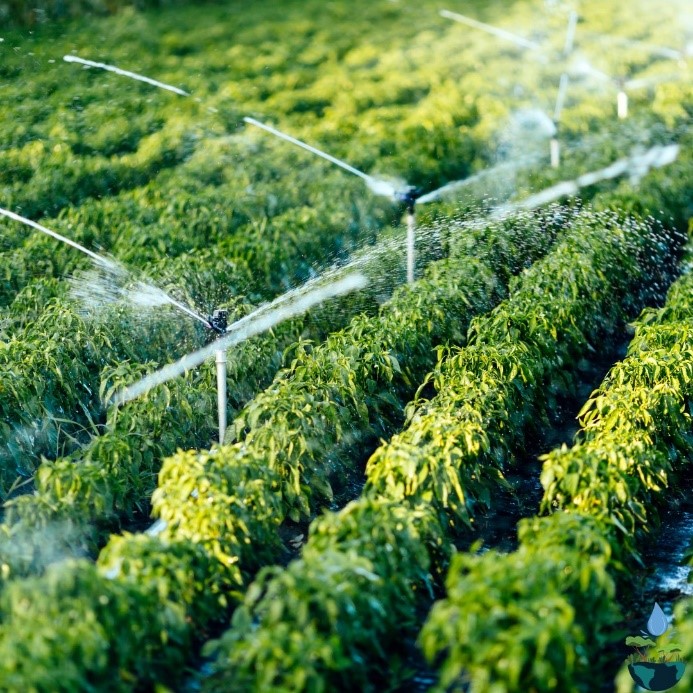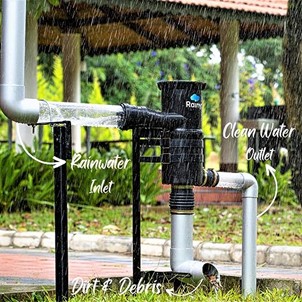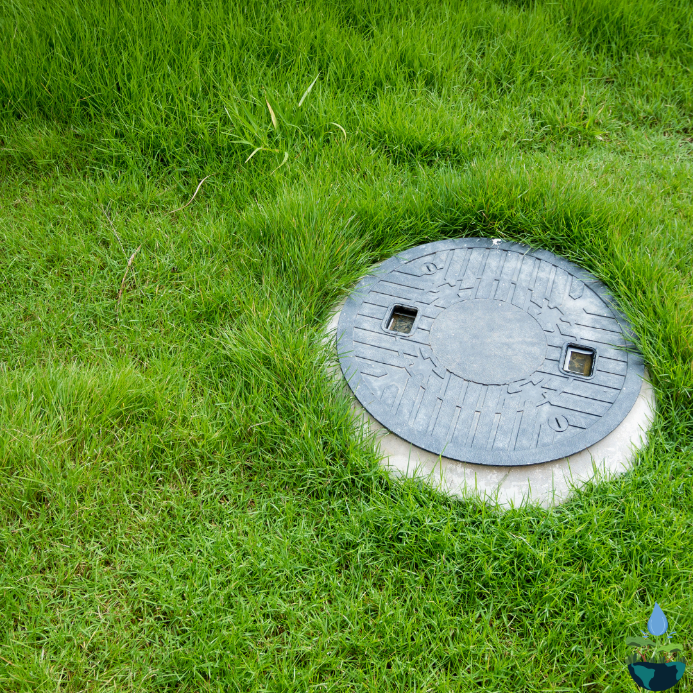With intensive agriculture spreading throughout India there is this urgent need to encourage rainwater harvesting for irrigation. The greatest benefit of this system is it can help eliminate the current unsustainable ways of extracting groundwater for agricultural use. And with Rainy Filters to guide you, rainwater harvesting for irrigation will no longer be a high-maintenance, complex procedure. Use our patented, innovative rainwater harvesting technology to collect and store clean rainwater that can be used in controlled amounts to help grow crops or to landscape lawns and plants.

Benefits of Rainwater Harvesting for Irrigation
Rainwater harvesting for irrigation project has the following benefits.
- Water thus obtained is free of chemicals, making it desirable for organic farming. Plus, it reduces soil erosion and flooding by lowering runoff caused due to extensive rainfall.
- Over the long term, harvesting rainwater also benefits the environment by reducing pollution in lakes and rivers. With the growing population and humans using up available groundwater sources rapidly, switching to different types of rainwater harvesting for irrigation can take the pressure off these sources, allowing them to replenish.
- Rainwater harvesting for irrigation also involves developing surface water resources for dry regions to provide water for agroforestry and livestock. Connecting irrigation systems to rainwater supplies makes it one of the most environmentally friendly and sustainable ways to water plants.
- It can increase crop production in dry or arid regions by providing harvested rainwater through sprinkler systems and drip irrigation.
Different Rainwater Harvesting Methods
The two main rainwater harvesting methods include rooftop rainwater harvesting and surface runoff rainwater harvesting.
Rooftop rainwater Harvesting
A popular way to conserve rainwater in both rural and urban areas, rooftop rainwater harvesting, involves collecting rainwater on the roofs of buildings. A gutter system is installed on the rooftop to collect rainwater and direct it to a storage tank located either above or below the ground. The main components of the rooftop rainwater harvesting system include the following:
- The catchment or surface to catch the rain. In this case, it is the roof.
- Pipes and gutters for transporting rainwater from the roof to the storage tank.
- Dual-intensity filters remove dirt and debris from collected rainwater before it enters the tank.
- Large storage tank for storing filtered rainwater.
- Overflow pipe for carrying extra rainwater from the tank when it gets full.
- Pump or tap to get collected rainwater out of the tank whenever required.
Besides agriculture, rooftop rainwater harvesting can be useful for residential, commercial, government, educational and religious buildings.

Surface runoff rainwater harvesting
This method helps in collecting and storing rainwater flowing on the ground in underground tanks. It is easy to implement and highly advantageous, and offers great results when used in the right way. Ranches, farms, recreation areas, parks and municipalities can make the best use of rainwater collected from surface runoffs.
Other ways to collect surface runoff rainwater for irrigation purposes include:
-
Retention ponds that collect rainwater and improve its quality through natural procedures, like decomposition, soil filtration, sedimentation and solar disinfection. Such ponds generally feature mud bottoms lined with concrete for water collection and storage. The water thus saved can be used for watering livestock and for recharging groundwater.
-
Underground storage tanks used for collecting rainwater, especially in areas where majority of the rainfall occurs in a single season. This involves connecting insulated underground tanks with low evaporation rates to electric pumps, ensuring a continuous supply of collected rainwater to different irrigation outlets.

The Bottom Line
So, rainwater harvesting for irrigation is an economic and eco-friendly practice that increases crop production, replenishes groundwater and improves farm soil and the environment on the whole. At Rainy Filters, we can help you assess your requirements and provide the tools needed for adequate rainwater harvesting. Browse our site now!

